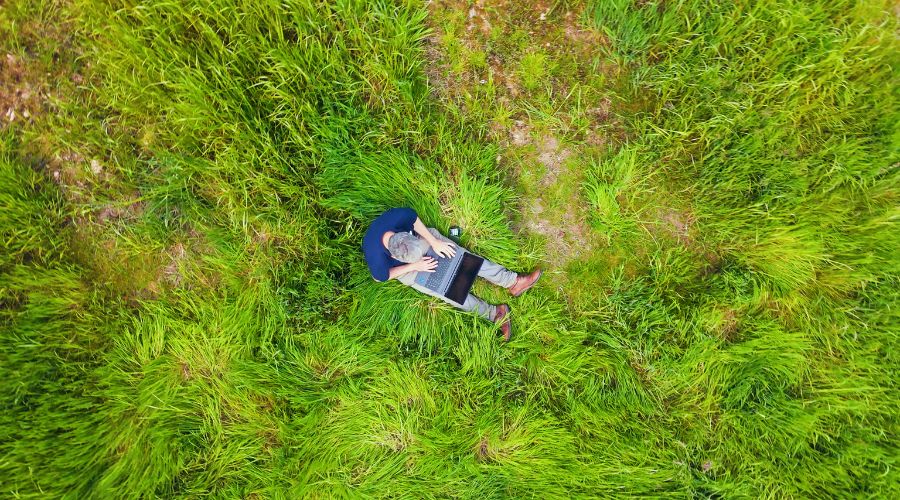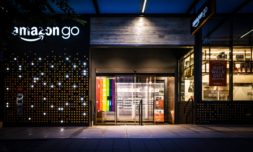The beverage brand has incorporated artificial intelligence into its farming practices, emphasising the potential benefits of new technology within sustainability projects.
Making significant strides towards environmental sustainability, Ribena’s parent company Suntory Beverage & Food GB&I has harnessed AI to uncover biodiversity hotspots on their blackcurrant farms.
The groundbreaking initiative has identified various threatened bird species, emphasising the potential of AI in environmental conservation.
Using AI to analyse birdsong across five blackcurrant farms, Suntory and the Farming and Wildlife Advisory Group South West collected data over an average period of 48 days throughout the year.
The results are already promising, with an average of 58 different bird species recorded per farm, many of which are under threat. This initiative aligns with Suntory’s long-term commitment to biodiversity, having maintained biodiversity action plans on these farms since 2004.
Fraser McIntosh, head of external affairs and sustainability at Suntory Beverage & Food GB&I, expressed pride in the project, emphasising the joy of witnessing the positive impact on biodiversity.
‘This work is so important to boost biodiversity and ensure the resilience of the blackcurrant crop for future generations, all part of what we call Growing for Good,’ McIntosh stated.
But AI’s introduction within sectors like farming isn’t always welcomed with open arms. While powerful, artificial intelligence has triggered concern around job displacement and increased reliance on technology, especially as it sees rapid growth in a comparatively short space of time.
And while Ribena’s success on this project has proven that the implementation of AI technology actually requires human resources and expertise, this has the potential to exacerbate existing inequalities in the farming sector – with many smaller businesses lacking the means to introduce this kind of technology into their processes.
Despite these concerns, the success of Ribena’s AI project is part of a broader trend in the food and drink industry towards sustainability.
The positive social change driven by these kinds of developments can lead to a more sustainable and resilient future, where businesses play an active role in protecting and enhancing the natural world around them, rather than simply draining its resources for profit.
And it would seem it’s already had the desired effect. A growing number of food and drinks brands and businesses are starting to step up efforts to improve sustainability within their supply chains.
Most recently, agronomy firm Soil Capital paid over 800 farmers in the UK, France, and Belgium to adopt environmentally friendly farming practices.
The initiative saw a significant increase in the value of carbon credits sold through Soil Capital’s regenerative practices scheme.

Meanwhile, figures from Europe’s first scheme to monetise carbon sequestration on farms transitioning to green practices revealed a 16 per cent increase in the value of carbon credits sold through the scheme in 2024 to £33.05 a tonne, leading to an increase in the sums paid to farmers.
Co-op’s Future Farming Fund, launched to support British farmers in adopting sustainable practices, also underscoring the industry’s shift towards sustainability. The fund aims to back projects focusing on soil health, biodiversity, and alternative forage crops – all critical areas of ensuring the resilience and sustainability of everyday farming.
Ribena’s innovative use of AI to detect biodiversity hotspots on its blackcurrant farms serves as an inspiring example of how technology can be harnessed for positive change.
It sets a powerful precedent for other companies, showing that with creativity and commitment, technology can play a crucial role in preserving our planet’s biodiversity.
The success of the program is also a watershed moment for the farming industry, proving that greener practices are not only beneficial for the planet, but that they’re also economically viable.
And love, hate, or fear AI, this offers a hopeful vision for the future. If innovative solutions and sustainable practices can go hand-in-hand in protecting our planet, then projects like these will not only benefit the environment but serve as a much needed model for other companies – even entire industries – to emulate.

















